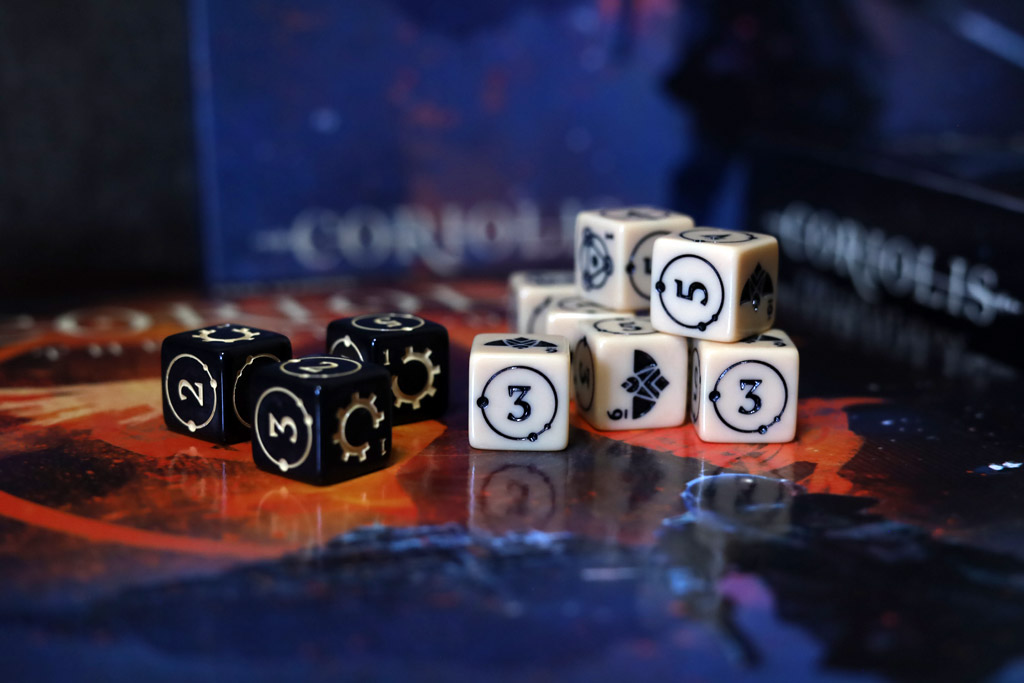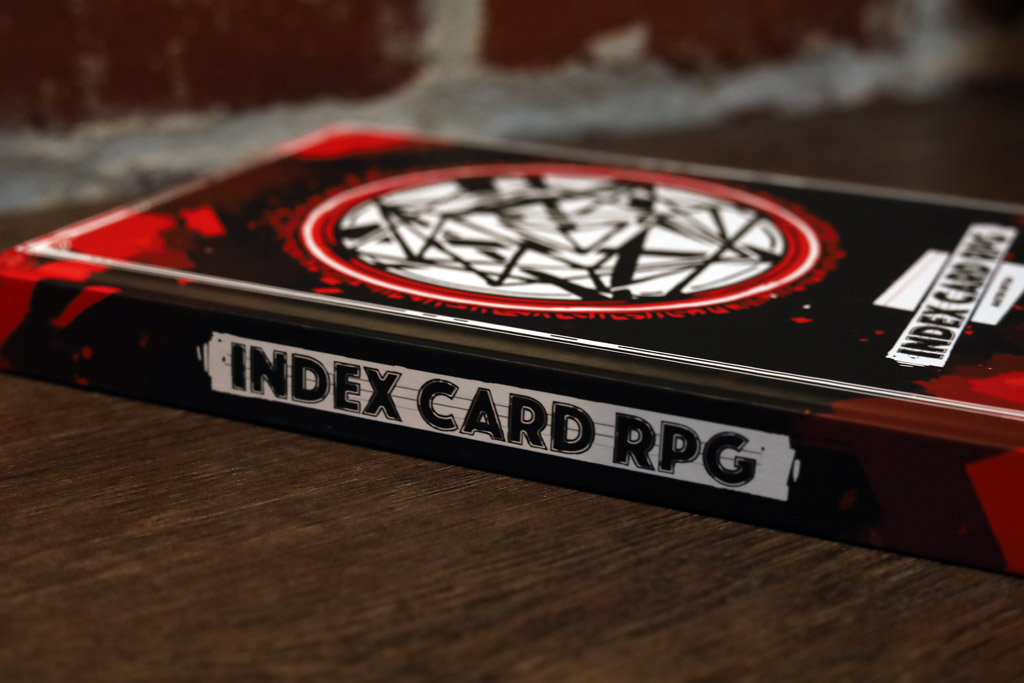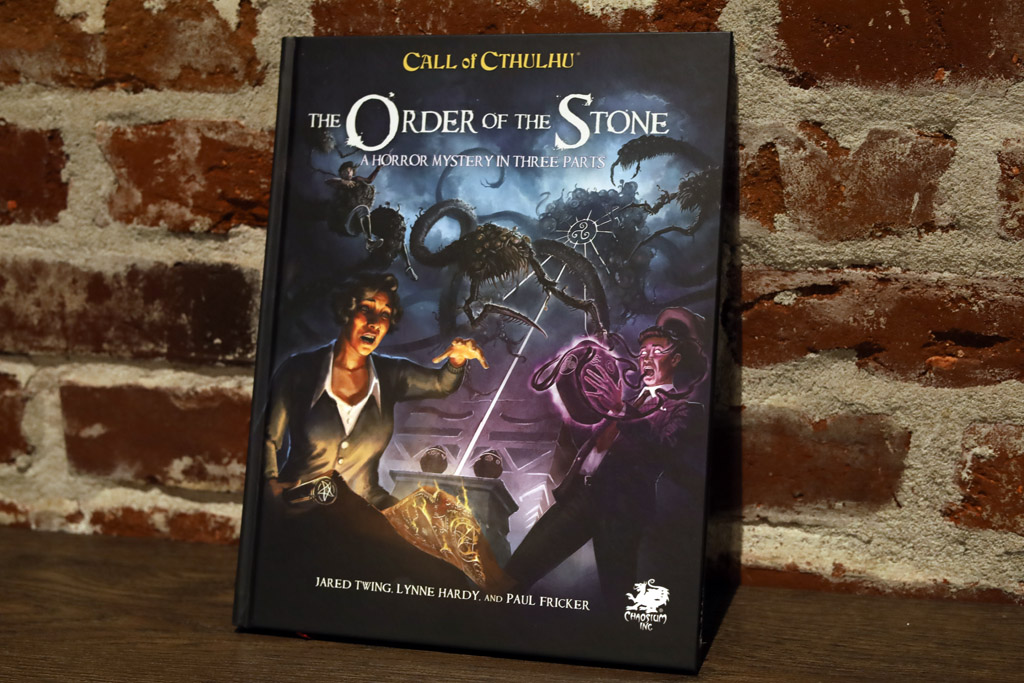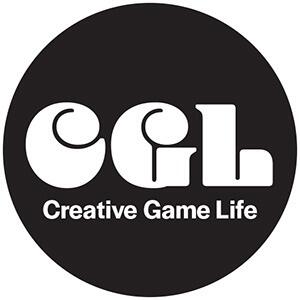What is D&D?
Dungeons & Dragons (D&D) is a fantasy tabletop role-playing game (TTRPG) that was first published in 1974. Players take on the roles of characters in a fictional world, and use dice rolls and other mechanics to determine the outcome of their actions. The game is played with a group of players and a game master, who is responsible for creating and controlling the game’s story and non-player characters (NPCs). D&D is widely considered to be the first modern RPG, and has inspired many other RPG games and fantasy media.

How Do I Play Dungeons and Dragons?
To play Dungeons & Dragons, you will need a group of players and a game master. D&D is a cooperative game, meaning that players work together to overcome challenges and achieve a common goal. It’s also a game of improvisation so you’ll want to find people who enjoy pretending to be someone else (or someplace else) and acting out those scenes. The game can be played with as few as three players, but four to six may be more ideal.
The game master is responsible for creating the story and controlling the non-player characters (NPCs) in the game. The players will create their own characters, each with their own unique abilities, skills, and background.
Note: in the D&D world the Game Master (GM) role is also referred to Dungeon Master (DM). It’s worth noting that these books were originally written in the 1970’s and in modern times the word “master” has become a less thoughtful phrase due to colonialism and slavery being part of world history. In our group the DM is the Dungeon Mother.. or Dungeon Daddy (depending on who’s running the game). Have fun with your own naming conventions.
How long is a D&D Game?
A single game session can last anywhere from a couple of hours to an entire day, or even longer if the players and GM are willing. A D&D campaign, is typically composed of multiple session. A campaign can last from a few weeks to several months, or even longer.
How to Find D&D Groups
LFGS (Local Friendly Game Store), meetup groups, Facebook groups, Reddit’s LFG sub. You can also find players on Roll20, a website that offers many tools for tabletop RPG games. D&D Beyond, the official D&D site, offers many tools including a forum where you can find players to game with.
Gather Materials
Once you’ve got your group together, you’ll need to acquire some essential materials. The most important materials for playing D&D are the Player’s Handbook and Dungeon Master’s Guide. These books contain all the rules and information needed to play the game. While a collection of books can get expensive, It’s worth noting that these books can usually be found at local public libraries. You can also find manuals on D&D Beyond and Roll20.
The other thing you’ll need is a set of 7 polyhedral dice for each player. This set of dice is used to determine the outcome of various actions in the game.
D&D Starter Set / Essentials Kit
Alternately, the D&D Starter Set and D&D Essentials Kit are both great ways to get into the game. They both have simplified rulebooks and adventures built-in so you don’t have to buy anything else to get started. If you have never played D&D before, get the Starter Set. If you have a bit of experience you’ll want the extras that come with the Essentials Kit. But both are a great introduction
Create Characters
Before you start playing, it’s important to create characters. In D&D, players take on the role of a character, such as a dwarf wizard or an elf rogue. The Player’s Handbook provides detailed information on creating characters, including race, class, abilities, and equipment. It’s important to work with your GM to ensure that your character fits within the story and the game world.

Go on an Adventure
Once your characters are created, it’s time to start playing. The GM will present the players with a scenario or adventure, and the players will work together to overcome obstacles and achieve their goals. Players will take turns describing the actions of their characters, and the GM will use the rules and information in the books to determine the outcome. The game is very collaborative and players should work together to strategize and overcome obstacles.
Game Structure
A Dungeons & Dragons (D&D) adventure typically follows a basic structure that includes several steps:
Hook: The game master (GM) presents the players with a situation or problem that serves as the starting point for the adventure. This could be something as simple as a request for help from a local townsperson or as complex as a prophecy that the players are destined to fulfill.
Exploration: The players move through the adventure’s setting, gathering information, interacting with NPCs, and overcoming obstacles. They may explore a dungeon, a wilderness, a city or even a plane.
Encounter: The players come into conflict with monsters, enemies, or other challenges. They will have to use their skills, abilities and strategies to overcome these obstacles.
Resolution: The players use the information and treasures they’ve gathered during the adventure to solve the main problem or complete the main objective. They will have to make decisions, use their abilities and work together to achieve the final goal.
Rewards: The players receive rewards for their success, such as treasure, experience points, and items. This can be used to improve their characters and make them stronger for the next adventure.
Follow-up: The GM may present follow-up adventures or challenges that build on the events of the previous adventure. They might also introduce new plotlines, characters and locations.
Note that not all steps listed may be in the game you play. There are many flavors of Dungeons & Dragons adventure. The game master is the one who will adapt the adventure to the group, the players, and the available time.
Level Up
As you play, you’ll earn experience points (XP) for overcoming challenges and achieving goals. As your characters earn XP, they’ll level up and gain new abilities and powers. This allows your characters to become more powerful and capable as they progress through the game.

Some D&D Campaigns for Beginners
“Lost Mine of Phandelver” is included in the 5th edition starter set and it’s a great introduction to the game.
“Tomb of Annihilation” is set in the jungle and features a dangerous adventure filled with exploration, puzzles, and a variety of monsters.
“Hoard of the Dragon Queen” is a classic fantasy adventure that takes players on a journey to stop a powerful dragon and its cult from seizing control of the land.
“Rise of Tiamat” is a follow-up campaign to Hoard of the Dragon Queen, where players will have to face the powerful dragon goddess Tiamat.
“Storm King’s Thunder” features a journey through the wild and offers players a chance to explore the wilderness, battle giant monsters, and gain powerful magic items.
Can you learn DnD by yourself?
It is possible to learn the basics of Dungeons & Dragons by yourself, but the game is designed to be played with a group of people, and it is best experienced that way. Tabletop RPGs are social games that encourages collaboration, problem-solving, and creativity among its players.
To learn D&D by yourself, you can start by reading the Player’s Handbook, the official guide for players, which provides an overview of the game’s rules, character creation, and equipment. You can also find many tutorials, guides, and resources online that can help you learn the mechanics of the game.
Tips for Role Playing
Understand your character: Make sure you understand your character’s abilities, strengths, and weaknesses. This will help you make informed decisions and play your character effectively.
Communicate with the group: Dungeons & Dragons is a collaborative game, so make sure you communicate well with your fellow players. Share your ideas and listen to the ideas of others.
Be creative: D&D is a game of imagination, so don’t be afraid to think outside the box. Come up with creative solutions to problems and don’t be afraid to take risks.
Be flexible: Be prepared to adapt to the unexpected. D&D is a game of improvisation, so be ready to change plans or come up with new ideas on the fly.
Respect the game master: The game master (GM) is responsible for creating and controlling the game’s story and NPCs. Respect their decisions and work with them to create a fun and engaging game.
Have fun: The most important thing is to have fun and enjoy the game. Remember that D&D is a game and it’s meant to be enjoyed.
Learn the rules: Make sure you know the rules of the game, it will help you make better decisions and understand how to play your character.
Be in character: Try to stay in character and act as your character would act, this will make the game more engaging and fun for everyone.
Be prepared: Come to the game with a character sheet and any other materials you need, this will help you play your character better and faster.
Take notes: Take notes of the important events, NPCs, and locations you encounter during the game. This will help you remember important details and make better decisions.






Pingback: Dungeons & Dragons Licensed Under Creative Commons
Pingback: An Introduction to Pathfinder Tabletop Role Playing Game